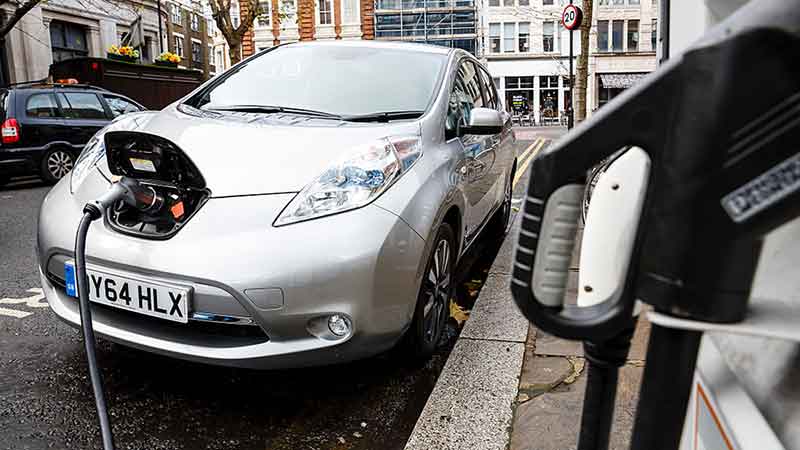Reuse plan to eke out more life from ‘spent’ EV batteries

Older EV batteries still have some life left in them. Pic: Getty Images
Electric vehicle (EV) batteries are typically retired once they reach their end of life, which is often considered to be when their capacity has dropped to about 80 per cent of their initial capacity.
While drivers would at this point move to replace the battery – lower capacity means a reduction in range – these batteries still have significant potential for use in other applications.
This is particularly true when one can simply string together large numbers of them for use in stationary battery storage applications.
And it is for this purpose that the Australian Renewable Energy Agency is providing $1.49m in funding to Melbourne battery technology company Relectrify to advance its commercial-scale battery and inverter system.
Under the $3.3m project, Relectrify will finalise development and undertake certifications ahead of the rollout of 20 36kW, 120kW-hour modular battery systems using second-life EV battery packs to commercial and industrial customers across Australia.
A successful rollout will showcase the ability of the company’s technology to extend the usable lives of these batteries, which also has the side effect of reducing the number of EV batteries sent to landfills.
ARENA chief executive officer Darren Miller said the project will also help to reduce costs and improve pathways for battery storage to be installed at commercial scale, particularly in industrial settings.
“Battery storage is already playing a crucial role in supporting the transition to renewable energy within industry, however, we need to do more to make it commercially viable,” he said.
“Second-life batteries have significant potential to drive down costs, and Relectrify’s battery management and inverter technology can provide what is needed to transform them into valuable assets for businesses looking to make the switch.”
The second-life batteries could be used for solar integration as well as providing back-up power on farms and microgrids.
Recycling battery metals
The outright reuse of EV batteries is not the only way in which end of life systems can be recycled.
A number of companies such as local company Lithium Australia (ASX:LIT) and Singapore’s Green Li-Ion have developed technologies aimed at recycling the battery metals contained within spent batteries.
Japanese conglomerate Marubeni has also partnered with US battery recycling developer Retriev Technologies to develop a strategy to recycle end-of-life lithium-ion batteries.
Related Topics
UNLOCK INSIGHTS
Discover the untold stories of emerging ASX stocks.
Daily news and expert analysis, it's free to subscribe.
By proceeding, you confirm you understand that we handle personal information in accordance with our Privacy Policy.







